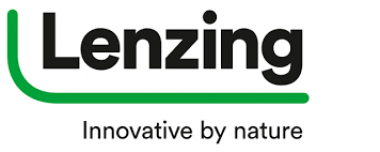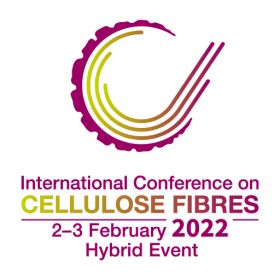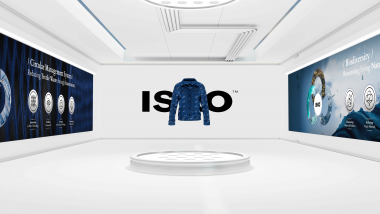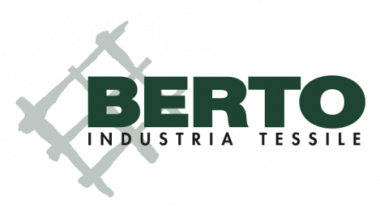Infinited Fiber Company: Commercial-scale factory to produce regenerated textile fiber
- Finnish fashion and textile technology company Infinited Fiber Company plans to build its first commercial-scale Infinna™ fiber factory at Stora Enso’s Veitsiluoto industrial site in the city of Kemi in Finland’s northernmost region of Lapland. Infinited Fiber Company plans to convert a building currently housing a discontinued paper production line.
- The size of Infinited Fiber Company’s planned investment is around EUR 400 million.
- The planned factory is expected to create around 270 jobs at the Veitsiluoto industrial site.
- The factory is expected to operate at full capacity in 2025.
Fashion and textile technology company Infinited Fiber Company plans to build a commercial-scale factory to produce regenerated textile fiber for the world’s leading apparel companies at the site of renewable materials company Stora Enso’s closed Veitsiluoto paper mill in Kemi, a Finnish city on the northern shore of the Baltic Sea. The size of the investment is estimated at EUR 400 million, and it is expected to create around 270 jobs in the area. The annual fiber production capacity of the planned factory is expected to be 30,000 metric tons, which is equivalent to the fiber needed for about 100 million T-shirts.
Infinited Fiber Company’s technology enables cotton-rich textile waste to be transformed into a versatile, high-quality regenerated textile fiber called Infinna™, which looks and feels like cotton. Major international fashion and apparel companies – including Zara’s parent company Inditex, PVH Europe, which is known for the Tommy Hilfiger brand, Patagonia, PANGAIA, H&M Group and BESTSELLER – have already committed to Infinna™ purchases through multi-year agreements as they look for materials that enable the industry to shift towards circularity. Infinited Fiber Company expects to export most of the output of its planned factory. This makes Kemi an ideal location as the city’s port serves as an efficient link to the rest of the world.
Infinited Fiber Company will convert a building housing a discontinued paper production line into an Infinna™ fiber factory. Both the factory engineering and project implementation as well as the related financing negotiations were commenced at the beginning of the year and are progressing well. Infinited Fiber Company has also agreed on the provision of energy and water related services with utility infrastructure company Nevel.
Once up and running, the factory is expected to provide direct employment for around 220 people, and for a further 50 through on-site support functions such as services, maintenance, and logistics. The additional indirect employment impact is estimated to be around 800 jobs. The construction and installation phase is expected to create jobs equaling around 120 person-years. The factory is anticipated to operate at full capacity in 2025.
Infinited Fiber Company


































